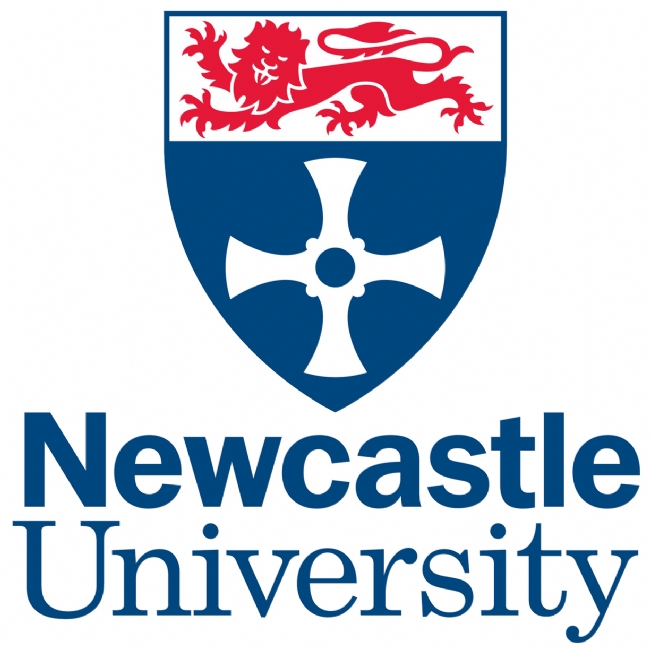Changing Course
Share this blog
Latest Maritime Vacancies
Business Development – Shipmanagement – Dubai
Office Manager – London
Shipping Paralegal – London
Shipping Manager – Singapore
Office Administrator – London
Typical periods of vessel ownership

Vessel ownership patterns in shipping is a topic that most shipping professionals have an opinion on but for which there is little objective numerical data.
Questions such as what is the typical period of ownership in shipping and how does it vary by ship type, owner’s nationality or the company’s business type (private versus state, family owned versus public, etc) and how the established patterns of behaviour may have changed in the wake of the latest shipping crisis remain unanswered.
Research has been ongoing at Newcastle University on typical periods of ownership in shipping that aims at providing insight on ownership strategies employed by different types of ship-owning companies, the timing chosen for buying or selling a ship and to investigate what are the main factors that affect sale and purchase timing. Ownership periods are also important because they determine the potential payback period for any investment in the ship, for example retro-fit of carbon-reduction technology. The results to date question received wisdom in the industry and show, for example, that the average time to first sale is around 10 years with slight variation between ship types and that at least 20% of ships remain with the original owner for their full economic life.
The study is based on the commercial history records of nearly 4 000 bulkers, tankers and container vessels of 30 000 dwt and above built between 1987 and 2007. The historical ship records were retrieved from IHS Fairplay’s shipping directory – SeaWeb and the data on company type and size was kindly provided by Clarkson Research Services Limited (CRSL).
The project is in its validation stage, which involves interviews with industry representatives such as shipowners, marine equipment manufacturers, S&P brokers, ship finance specialists and other marine service providers. The aim of the interviews is to capture the industry’s view on the trends identified so far and the potential future changes associated with vessel buying and selling behaviour and periods of ownership in shipping.
I would like to invite those members of the shipping industry who find themselves interested in the outcome of this project to take part in the interview stage.
To take part in the interview stage and review the results, please contact Ralitsa Mihaylova (Newcastle University) at r.mihaylova@ncl.ac.uk.